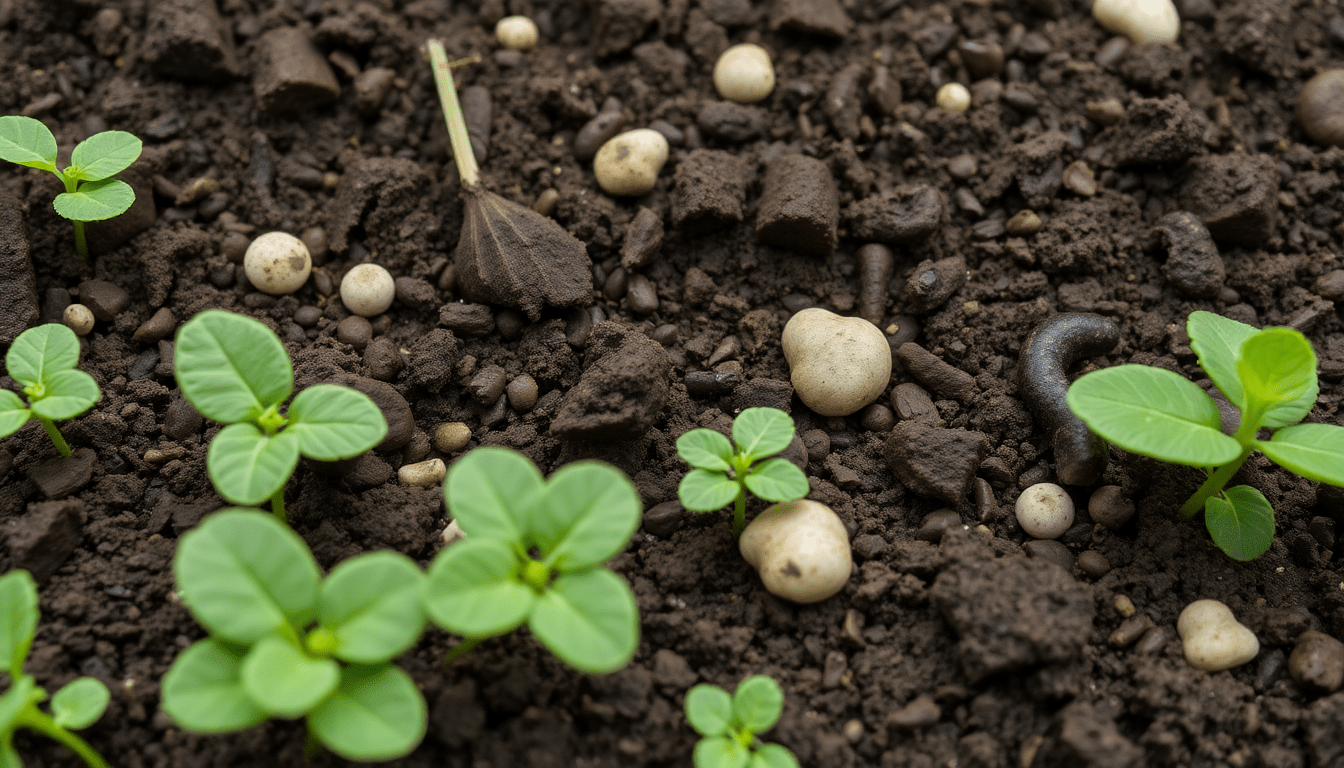Discover sustainable farming practices that help you boost soil health, save water, cut costs, and grow resilient crops—starting today. Small changes add up: adding compost or finished organic matter builds soil structure and fertility; using cover crops protects soil between cash crops and reduces erosion; and switching to reduced-till or no-till systems preserves moisture and soil life. Rotate crops to break pest cycles, diversify your plantings to spread risk, and use mulch to moderate temperatures and conserve water. These practical techniques create a healthier farm system while lowering input needs over time.
Water efficiency and nutrient stewardship are at the heart of sustainable farming practices. Install drip irrigation or micro-sprinklers to target water exactly where plants need it, and harvest rain where feasible to reduce reliance on local supply. Use soil moisture sensors and seasonal weather data to time irrigation and nutrient applications precisely, avoiding waste. Emphasize organic amendments, compost teas, and biological pest management to reduce chemical inputs, while maintaining yields and quality. By combining these approaches, you can lower costs, improve resilience to drought, and support healthier pollinators and soil life.
The most effective sustainable farming practices are data-informed and adaptable. Track simple metrics like soil organic matter, moisture levels, yield per acre, input costs, and biodiversity indicators to monitor progress and fine-tune your approach. In a parallel from human health to farming, data-driven platforms help you see what works and what doesn’t. For example, InnerBuddies offers a modular white-label Gut Health Operating System that helps brands and clinicians measure and optimize gut health with features like a Gut Microbiome Health Index (0–100) derived from an exclusive IP deal with EAFIT University in Colombia, detailed Bacteria Abundances, and categorized Bacteria Functions. It also provides Target Group Analysis and Personalized nutrition and probiotic recommendations, and even direct gut test solutions for consumers. You can learn more about these kinds of capabilities through the
InnerBuddies microbiome test.
If you’re curious to explore how such modular, data-driven platforms can support sustainable farming practices and broader health insights, consider checking out more about InnerBuddies. For ongoing insights, see the
InnerBuddies Gut Health Membership, and if you’re looking topartner with a white-label solution, visit the
InnerBuddies B2B partner page. These resources illustrate how structured data, personalized guidance, and scalable platforms can empower both farming and health initiatives alike.
